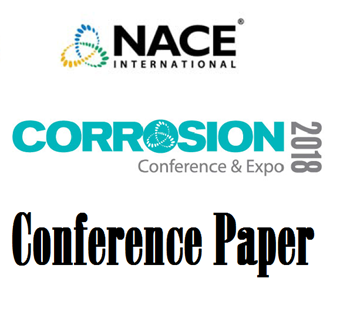Search
Application of ICDA Methodologies to Twenty-Two (22) Oil & Gas Production and Transport Pipelines - A Case Study
Also Purchased
Successful Application of MP-ICDA to Assess and Confirm Crude Oil Pipeline Corrosion Threats in Kuwait using ILI
Product Number:
51321-16271-SG
Publication Date:
2021
$20.00
51312-01268-LIQUID PETROLEUM - INTERNAL CORROSION DIRECT ASSESSMENT (LP-ICDA) OF A “PIGGABLE” KUWAITI CRUDE OIL
Product Number:
51312-01268-SG
ISBN:
01268 2012 CP
Publication Date:
2012
$20.00
51318-10869-Failure Analysis for a Piggable Pipeline Through ICDA Methodology
Product Number:
51318-10869-SG
Publication Date:
2018
$20.00




